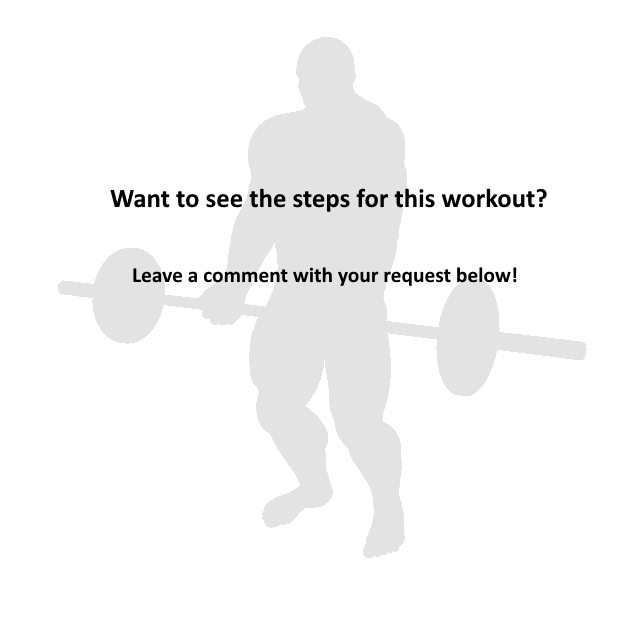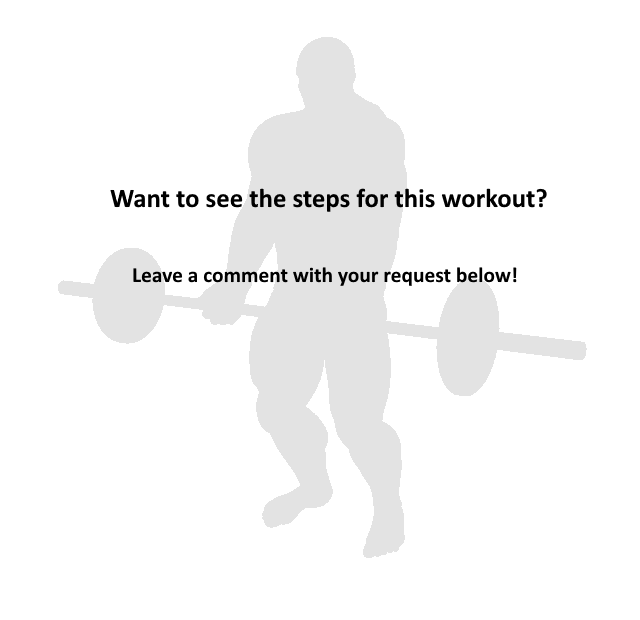Lateral Raise - Standing Alternate
Recommendations: 2-3 Sets, 6-10 Reps, 20-40 Wght
Beginner Lateral Delts Anterior Delts Posterior Delts Upper Traps Strength Dumbbell Pull Gym
Purpose: This exercise strengthens the side deltoid muscle area.
Benefits: This exercise isolates the lateral delt muscle.
Stand upright with your knees slightly bent. Grasp dumbbells at your sides with palms facing inward. Let the dumbbells hang down in front of your waist. Your elbows should be slightly bent. This is the starting position. Lift the right dumbbell to the side up to about shoulder level. When the dumbbell reaches shoulder level, rotate it slightly inward as if you are pouring water. In other words, rotate your shoulder forward so the front of the dumbbell is slightly lower than the rear. This will raise your elbow slightly. Keep your elbow slightly bent and ensure that the weight come up in an arc. Exhale during this movement. Lower the dumbbell slowly to the starting position. Inhale during this movement. Lift the left dumbbell to the side up to about shoulder level. When the dumbbell reaches shoulder level, rotate it slightly inward as if you are pouring water. In other words, rotate your shoulder forward so the front of the dumbbell is slightly lower than the rear. This will raise your elbow slightly. Keep your elbow slightly bent and ensure that the weight come up in an arc. Exhale during this movement. Lower the dumbbell slowly to the starting position. Inhale during this movement. Repeat for the required number of repetitions.
The deltoid is a fan-shaped muscle group of 3 heads. The anterior (front) delt raises the arm towards the front and rotates the arm inward. The lateral (side) delt raises the arm to the side. The posterior (rear) delt raises the arm toward the rear and rotates the arm outward.
Step 1
Stand upright, dumbbells held in front of your hips with palms facing inward, elbows slightly bent.
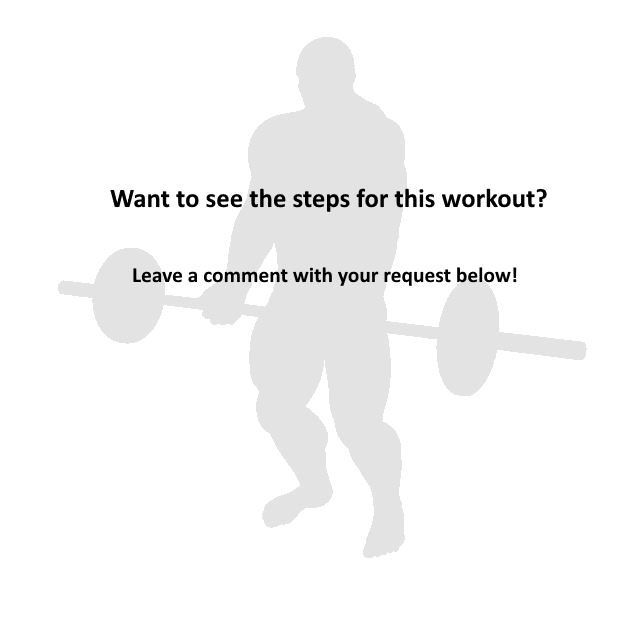
Stand upright with your knees slightly bent. Grasp dumbbells at your sides with palms facing inward. Let the dumbbells hang down in front of your waist. Your elbows should be slightly bent. This is the starting position.
Step 2
Raise the right dumbbell to the side up to shoulder level, rotating the shoulders forward as if pouring water.
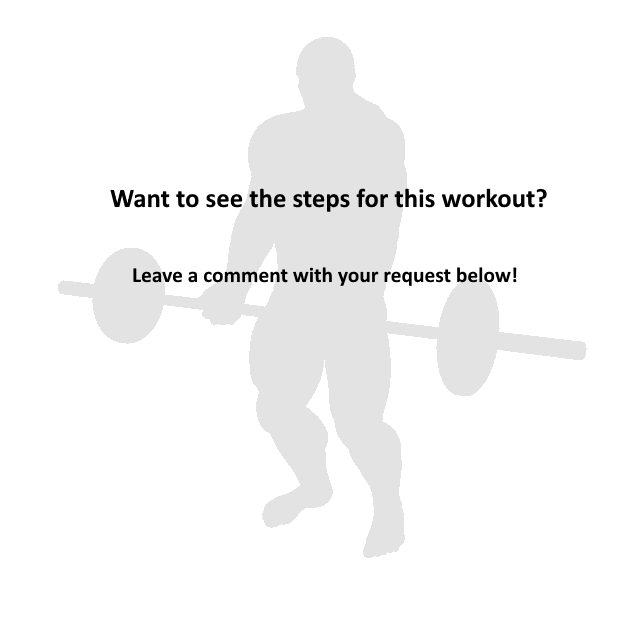
Lift the right dumbbell to the side up to about shoulder level. When the dumbbell reaches shoulder level, rotate it slightly inward as if you are pouring water. In other words, rotate your shoulder forward so the front of the dumbbell is slightly lower than the rear. This will raise your elbow slightly. Keep your elbow slightly bent and ensure that the weight come up in an arc. Exhale during this movement.
Step 4
Raise the left dumbbell to the side up to shoulder level, rotating the shoulders forward as if pouring water.
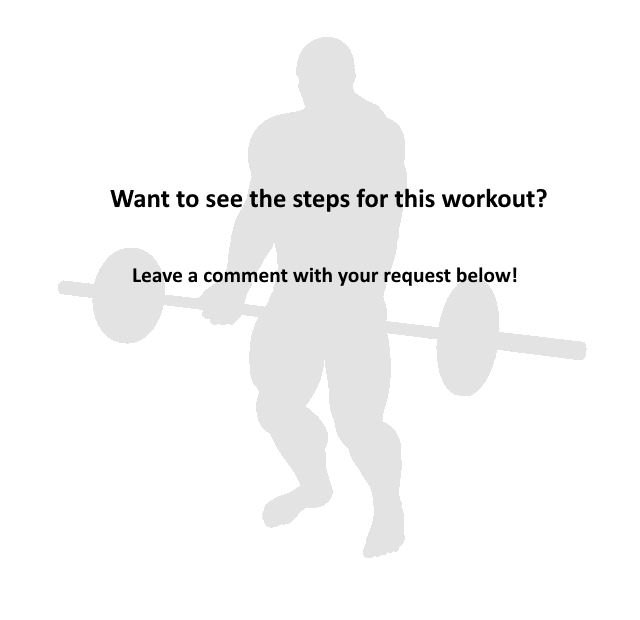
Lift the left dumbbell to the side up to about shoulder level. When the dumbbell reaches shoulder level, rotate it slightly inward as if you are pouring water. In other words, rotate your shoulder forward so the front of the dumbbell is slightly lower than the rear. This will raise your elbow slightly. Keep your elbow slightly bent and ensure that the weight come up in an arc. Exhale during this movement.
